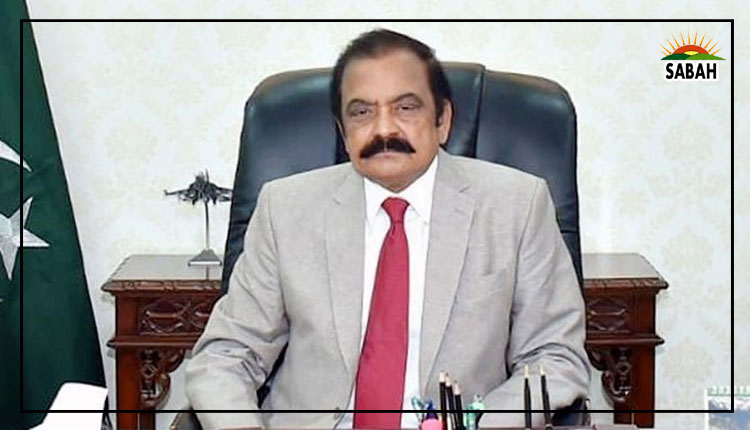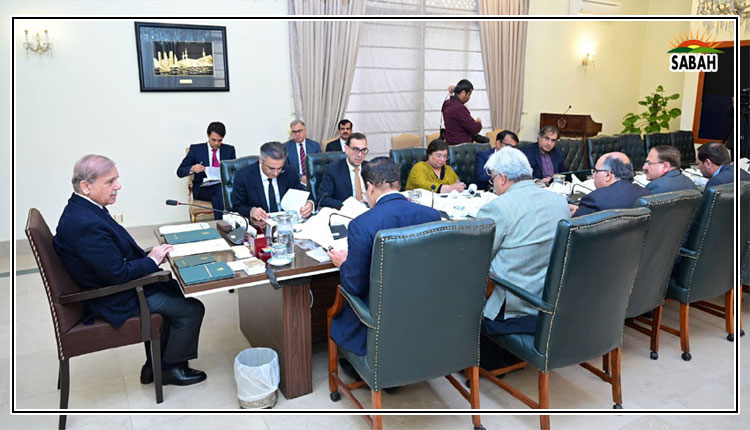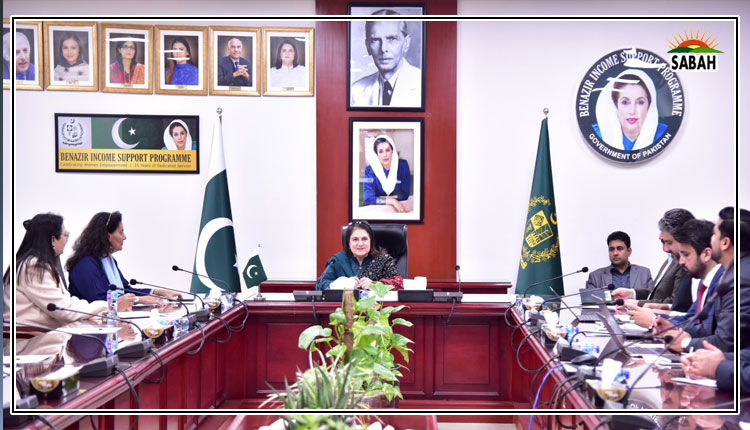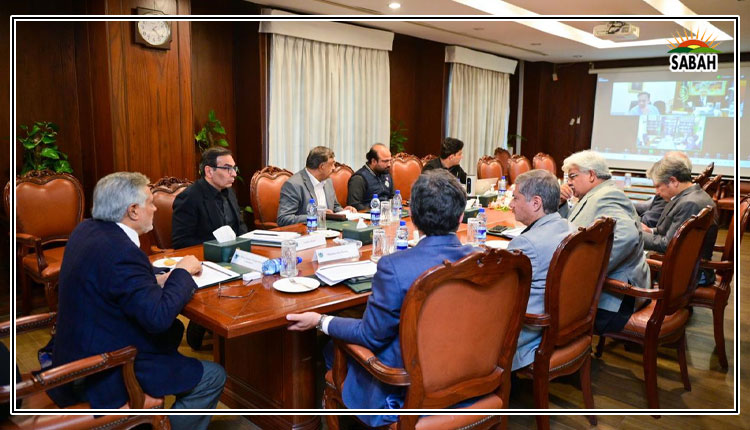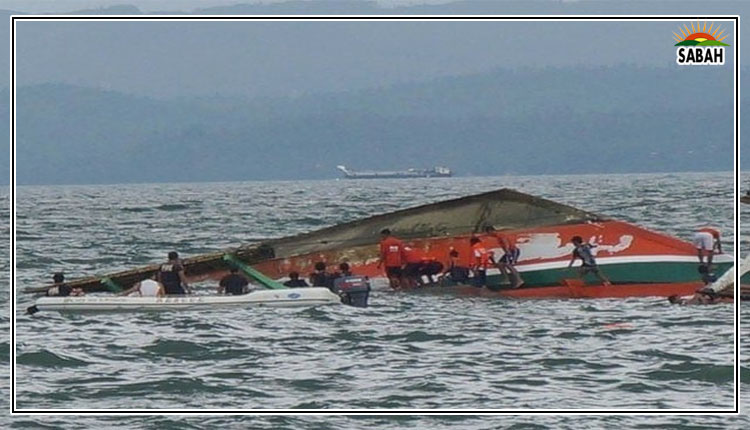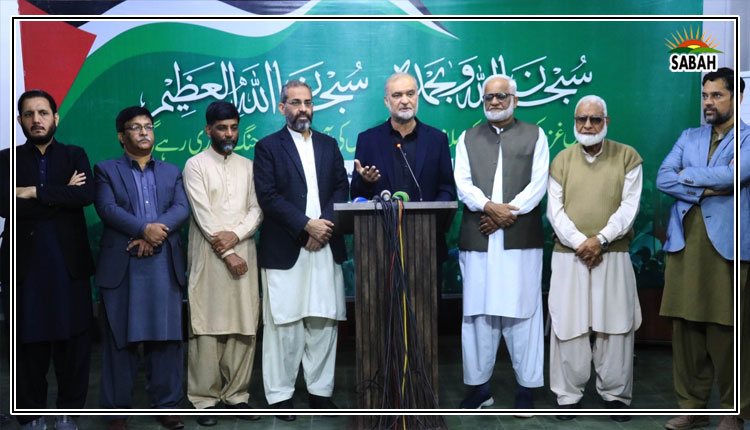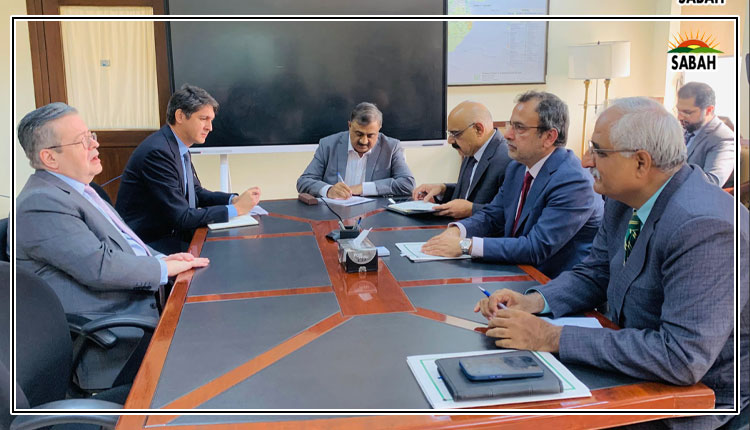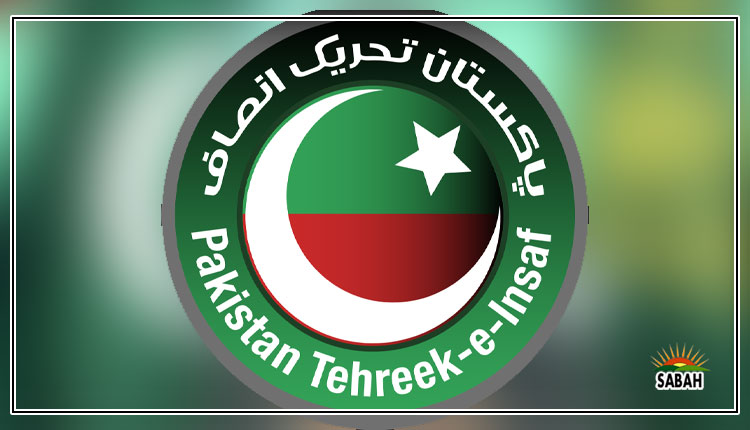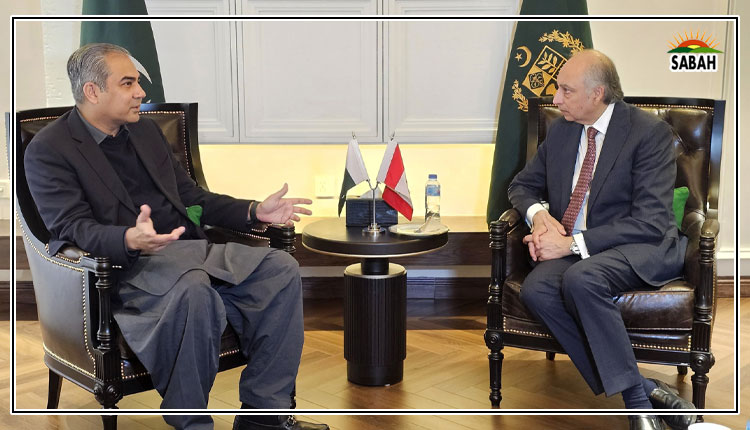Medicine, not just milk …. Fyezah Jehan
DISAPPOINTED! is the response of numerous physicians and paediatricians like myself after the recent suspension of Pakistan’s first human milk bank initiative. Tailored to give vital sustenance to our most vulnerable babies, the milk bank was halted even before it started.
It is critical to understand the importance of the proposed human milk bank, the type of babies it intends to help, and the diligence and assurances made to ensure compliance with Islamic principles.
Human milk banks play a critical role in caring for small or sick newborns worldwide who are either born prematurely or are too ill to tolerate infant formula due to an underdeveloped or compromised digestive system.
Unlike human milk, formula milk does not contain the antibodies, growth factors, and bioactive molecules that help protect the baby’s gut from inflammation and infection. In very small babies; for example, those being managed in neonatal intensive care unit for prematurity; these factors are essential to provide protection against harmful bacteria which may prevent absorption of necessary nutrients and/ or damage the delicate intestines, resulting in an almost fatal condition called necrotising enterocolitis (NEC). Being derived from cow’s milk, infant formula contains very different types of fats and proteins, making them less absorbable and increasing stress on the gut, leading to further damage. Formula milk is also more concentrated than human milk, and its use in premature babies can result in leaky gut and absorption of excessive water, which can again lead to damage. Also, formula lacks the necessary chemicals known as human milk oligosaccharides, which form a biofilm in the gut that protects against infection.
For all the above reasons, human breast milk is the best option for feeding premature and critically sick babies, especially those at risk for NEC.
When breast milk from the mother is not available, donor human milk from a milk bank is often recommended as the next best alternative to provide these vulnerable babies with the nutrients and protection they need.
For these infants, human milk is not just food, it is medicine.
The World Health Organisation strongly recommends exclusive breastfeeding in the first six months of life — not always possible, especially when the mother delivers prematurely. Pakistan has the highest rates of prematurity in the world. Providing an alternative source of protection for these babies when their mother does not have enough breast milk is essential.
In the proposal by the Sindh government, a conservative strategy was to be adopted by focusing on protecting the smallest and the most premature of babies, and which included assurances to ensure Sharia compliance. The service would have been provided without any remuneration or money involved. It was to ensure that only milk from a Muslim mother was given to a Muslim baby and this milk would only be given to babies under 34 weeks of age, whose mothers did not have enough milk to feed their babies.
The milk bank would have followed strict protocols to educate its users about milk kinship in Islam, and maintain a record of the identity and lineage of both the donor and recipient.
In this way, they intended to address concerns about milk kinship and create safeguards. The programme was developed with the involvement and oversight of religious scholars, ensuring that all practices were in line with Islamic teachings.
According to a spokesperson for the milk bank effort, they had ensured that every requirement provided was fulfilled before the issuance of the guidance (fatwa). However, the ulema who provided the initial guidance reconsidered and withdrew their support “without discussion”, and published a revised fatwa.
Moving forward, we must engage in open and informed discussions about the benefits of human milk banks and how they can be implemented within our cultural and religious standards. Increasing public awareness, creating educational pro-
grammes, and consultations with different religious leaders are needed to help dispel myths and rebuild trust. Paediatric and religious societies must work together to find solutions that uphold our religious values while advancing our healthcare system.
Let us focus on the health and well-being of our children and develop ways to implement this vital programme in a manner that respects our religious beliefs. By doing so, we can ensure that our babies receive the best possible start in life, and can survive and thrive for a healthier and brighter future for Pakistan.
Courtesy DAWN


